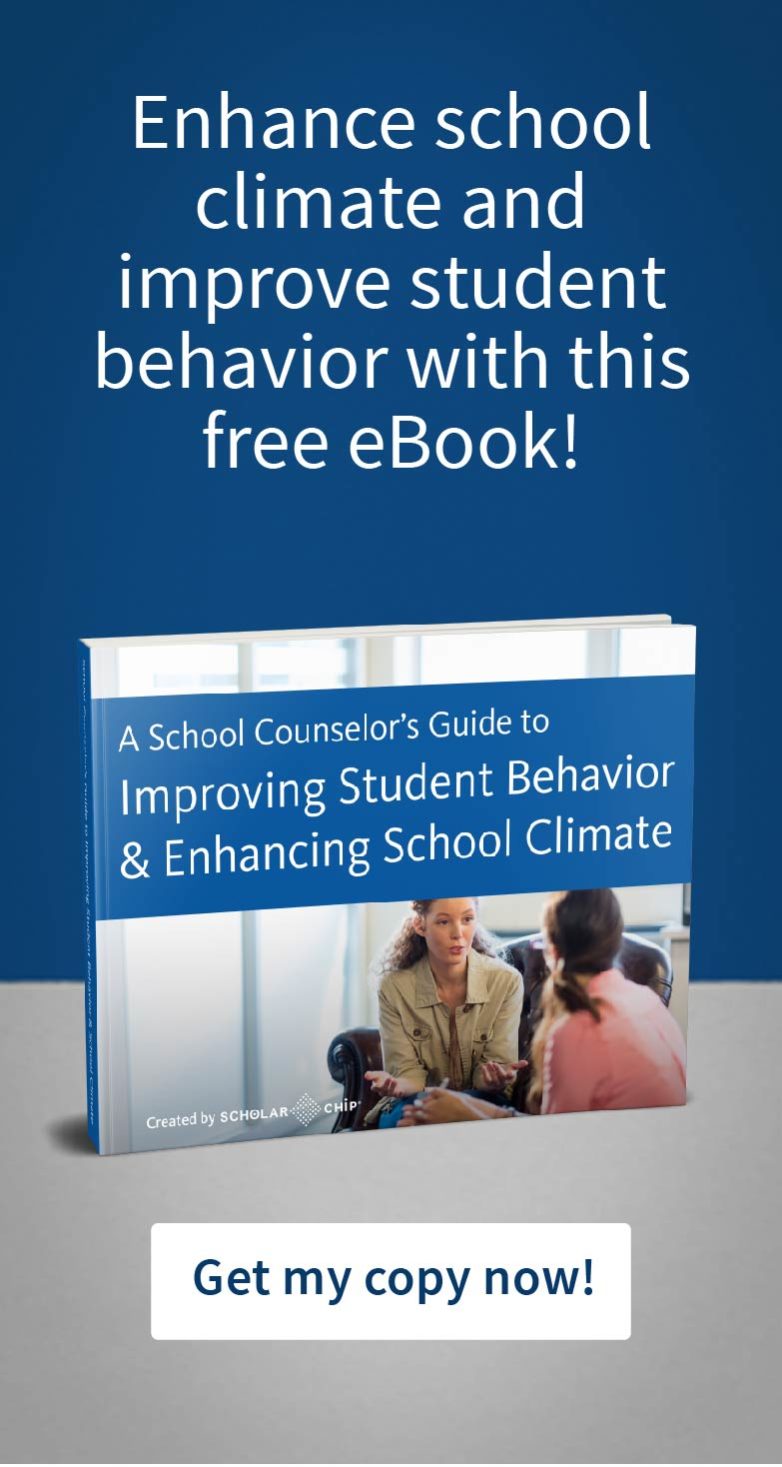Pro-social behavior is what helps us make connections and feel welcome with others. However, young people can be overly-focused on themselves, meaning that these habits don’t always come naturally. For some, pro-social behavior can be a struggle because of previous negative results or inherent social difficulties.
Those who don’t engage in pro-social behaviors can become isolated, which, in turn, can lead to bullying or getting bullied. Indeed, schools need to teach students social behavior that can improve their performance in and outside of the classroom, as well as putting them on a more positive path in life.
Counselors can lead the charge in encouraging schools to create pro-social behavior that students can internalize and then adopt. Here are eight ways that counselors can improve struggling students’ social behavior.
1. Set Up Classrooms in a Way That Emphasizes Pro-Social Behavior
Classroom furniture should be arranged in a way that encourages students to interact with their peers and instructor. So, if an instructor wants to facilitate group work, she should arrange desks in small groups. Or, if she wants to create whole-group learning, a u-shaped arrangement with the teacher at the center usually works best. What’s more, students with behavioral struggles should sit away from high-distraction areas.
2. Encourage Teachers to Integrate Values Instruction in Their Classrooms
Students need to be able to practice pro-social behavior in a structured, positive environment. So, counselors should direct teachers on how to integrate this time into their classrooms. For younger students, this practice may come in the form of active play, where teachers praise students for sharing toys or asking others to play with them. Older students could practice similar habits in directed group projects with time in class to work.
3. Assign Students to Play Behavior Exchange Games
Students should be able to visualize the outcomes of their negative behavior, as well as seeing how better habits would change these outcomes. Of course, long-term consequences aren’t always apparent in the real world, but ScholarChip ABE’s Behavior Exchange Games lets students see how different behaviors cause different outcomes. Additionally, it rewards students for making more positive behavioral choices.
4. Provide Real-Life Examples of Students Who had Negative or Positive Consequences Result From Their Behavior
Students may not understand the consequences of their antisocial behavior. If they listen to others who had similar struggles based on negative habits, however, they will likely be better able to understand outcomes. This is where ScholarChip ABE’s middle and high school interventions can be useful. The Interventions module focuses on real students sharing the negative consequences of their actions.
5. Pair Older Students with Younger Ones to Develop Caring Communities
One of the reasons that students show antisocial behavior is because they feel that no one cares about them. School districts have had success with buddy programs pairing younger and older students for mentorship and tutoring. Having a positive role model makes a troubled student more likely to mimic that student’s behavior, rather than adopting negative habits.
6. Connect With Other Stakeholders Who Can Also Provide Positive Reinforcement for Students
For students to replace antisocial habits with more pro-social ones, they need as many stakeholders on board as possible. In the school community, staff and faculty, including classroom teachers, bus drivers, food service workers, custodians, etc. should be positive and kind. At home, parents and guardians should also be aware of their children’s behavior. All of these community members can stay abreast of changes in students’ behavior with ABE’s simple, paperless referral system.
7. Replace Punishments and Extrinsic Rewards With Strategies That better Promote Pro-Social Behavior
Punishments and even external rewards don’t teach students pro-social behavior. Instead, students are better served if teachers and staff develop clear expectations for behavior, discussions about misbehavior, and modeling of positive habits. To start, students need to know exactly how they should interact with their peers in every situation. What behaviors is the teacher looking for? Later, if a student doesn’t behave properly, a discussion about why they misbehaved can redirect bad habits.
8. Be a Positive Role Model
Students are always watching the role models in their lives. Even if you’re not officially working with a student, they will watch to see how you behave everywhere, from assemblies to lunchroom monitoring. If you’re a positive presence in those circumstances, students will realize that they should exhibit pro-social behaviors, even if no one is watching. Teachers and staff should model the kind of compassionate behavior towards one another and their students that they want to see from students.
According to Yael Kidron and Steve Fleischman, pro-social behavior is “prompted by empathy, moral values, and a sense of personal responsibility rather than a desire for personal gain.” Students may not be naturally attuned to how to make connections with others, but if they practice strategies and learn positive habits, these techniques can become an integral part of how they interact with the world.
ScholarChip offers a solution called Alternative Behavior Educator (ABE). This innovative program enables counselors to identify, monitor, and improve student behavior throughout a student’s career, while giving administrators and teachers powerful data-driven reports that quickly flag at-risk students, help monitor and chronicle progress, and support decision-making tasks. The ScholarChip system incorporates the complete spectrum of behavior and integrates student rewards, interventions, and tracking with PowerSchool®, Infinite Campus, and other popular SIS platforms.
To learn how ScholarChip can help keep your schools safer and more secure, learn more about the many solutions ScholarChip provides, or to get free recommendations, feel free to schedule a 1-on-1 with one of our specialists today!

